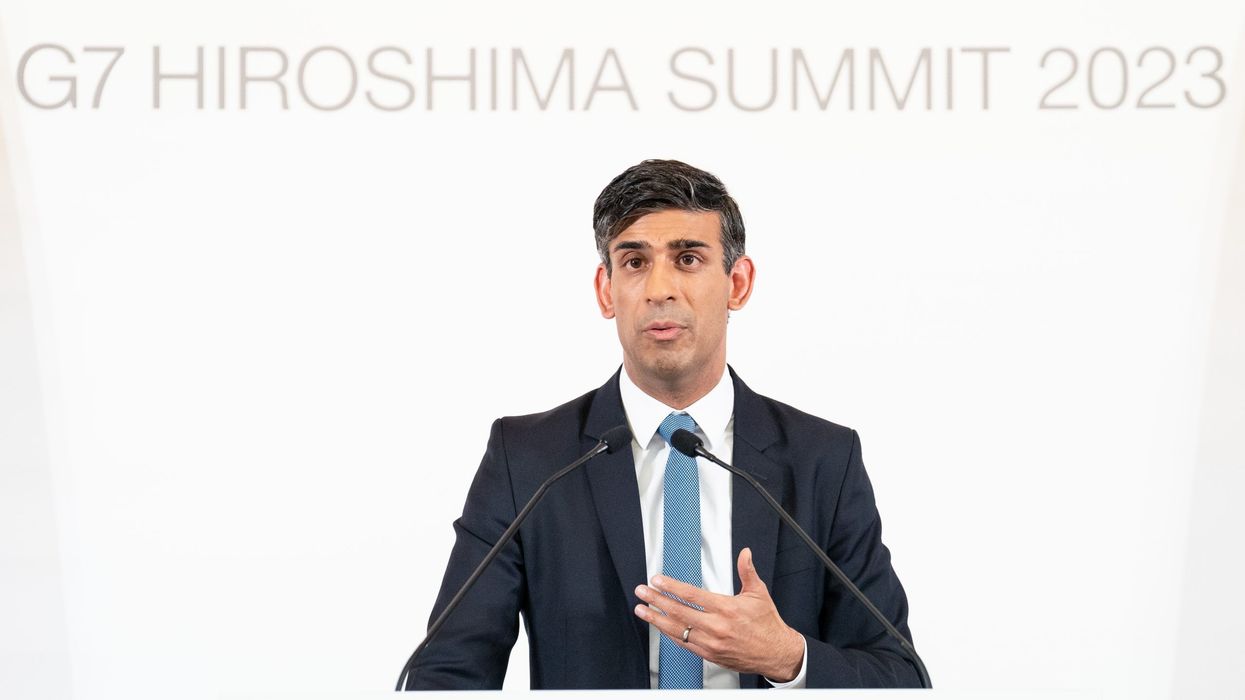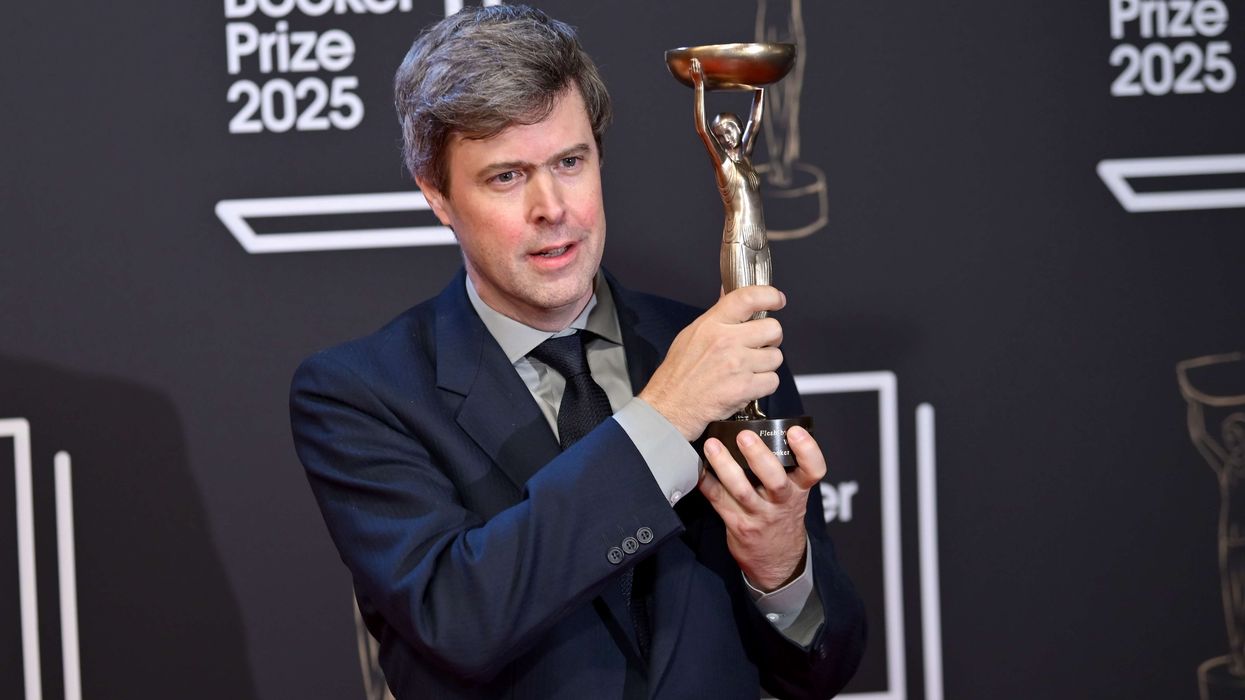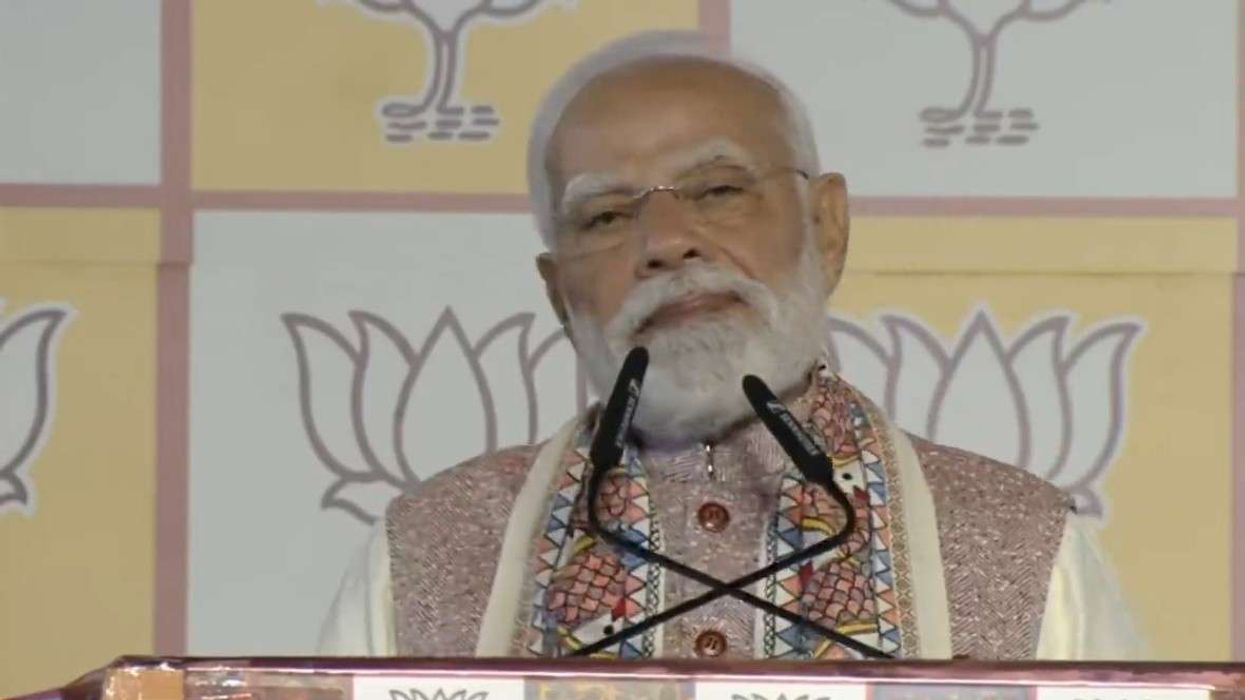Rishi Sunak stressed that China presents the foremost challenge to worldwide security and prosperity, but has cautioned against complete disengagement from the leading economy.
Sunak made these remarks on Sunday (21) following a summit of the Group of Seven (G7) nations in Hiroshima, Japan.
"China poses the biggest challenge of our age to global security and prosperity. They are increasingly authoritarian at home and assertive abroad," Sunak told reporters.
Sunak announced that Britain, along with other G7 nations, will strive to adopt a collective strategy aimed at mitigating the challenges posed by China.
"This is all about de-risking - not de-coupling," he said. "With the G7, we are taking steps to prevent China from using economic coercion to interfere in the sovereign affairs of others," he added.
In a significant development, Liz Truss, the former prime minister, and predecessor of Sunak, visited Taiwan last week, becoming the most prominent British politician to do so since Margaret Thatcher in the 1990s.
During her visit, Truss expressed the belief that the Western nations should not "appease and accommodate" China.
The situation has grown tense as China has displayed growing assertiveness regarding Taiwan, a self-governing island that Beijing asserts as its own territory. It is noteworthy that China has never disavowed the possibility of employing force to achieve control over Taiwan.
Truss, a member of the more hawkish faction within the Conservative Party, holds a contrasting stance to Sunak regarding China. While Sunak pursues a strategy that involves engaging with China in areas like trade and climate change while managing national security concerns, Truss opposes this approach.
In addition, Sunak announced that Britain would commence training Ukrainian pilots during the summer to provide support to the Ukrainian air force in its conflict with Russia.
Sunak made this statement alongside Ukrainian President Volodymyr Zelenskiy, emphasising that no one desires peace more than the Ukrainian president. However, Sunak emphasised that any conditions for peace should be based on Ukraine's principles.
During the three-day summit, the G7 members conveyed their readiness to stand by Ukraine for the long term, sending a clear message to Russia.
(Reuters)













